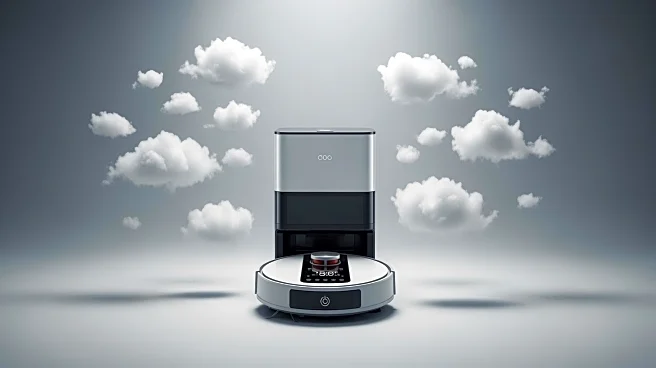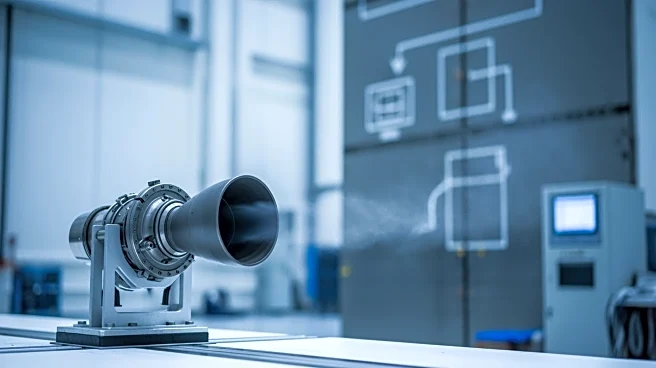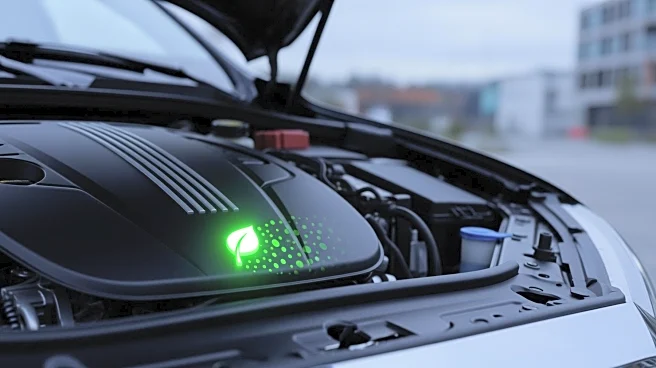What's Happening?
Neato Robotics, a popular brand of robot vacuums, will see its devices permanently go offline following a decision by its parent company, Vorwerk, to shut down cloud services. This move renders the associated app non-functional, significantly reducing
the utility of the vacuums. Users will no longer be able to control their devices remotely or set custom cleaning schedules via the MyNeato app. Instead, the vacuums will revert to manual mode, requiring users to physically press the power button to operate them. Vorwerk had initially promised to maintain the cloud platform for five years after Neato ceased operations in 2023, but evolving cybersecurity standards and compliance obligations have made it unsustainable to continue supporting these legacy systems.
Why It's Important?
The shutdown of Neato's cloud services highlights the vulnerabilities of internet-connected appliances, which can become less functional or obsolete when companies decide to discontinue support. This decision impacts consumers who invested in Neato vacuums expecting long-term functionality and convenience. It underscores the broader trend of companies withdrawing support for older smart devices, as seen with Google's Nest thermostat and Belkin's Wemo products. Consumers are increasingly tied to the decisions of tech companies, which can affect the usability and value of their purchases. This situation raises concerns about the sustainability and reliability of smart home technology.
What's Next?
As Neato vacuums transition to manual mode, users may need to adjust their cleaning routines and expectations. The broader implications for the smart home industry could include increased scrutiny on the longevity and support of internet-connected devices. Consumers may demand more transparency and guarantees from manufacturers regarding the lifespan and support of smart products. Companies might need to reassess their business models to ensure they can sustainably support their products in the long term, potentially leading to changes in how smart devices are marketed and sold.
Beyond the Headlines
The decision to shut down Neato's cloud services raises ethical questions about consumer rights and the responsibilities of tech companies. As smart devices become more integrated into daily life, the potential for companies to unilaterally reduce functionality poses challenges for consumer trust and satisfaction. This development may prompt discussions about regulatory measures to protect consumers and ensure fair practices in the tech industry. Additionally, it highlights the need for innovation in creating more resilient and independent smart devices that do not rely solely on cloud services.
















